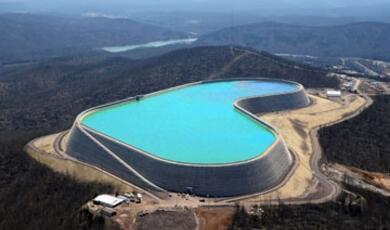Emerging Markets and Climate Change
Share
- Details
- Text
- Audio
- Downloads
- Extra Reading
This lecture considers the economic impact of climate change on and by the largest “emerging markets” of the G20, such as China, India and Brazil. Simply stabilising emissions in these countries would make a greater contribution to reducing warming as an 80% emissions reduction in Western countries. The carbon intensity of economic development in the emerging markets are also first-order determinants of the likelihood of dangerous climate change in the coming century. The lecture addresses how the economic structure of the problem leads to particular strategic dynamics within the international negotiations, explaining the current impasse and also exploring the possibility for a “low-carbon race” between nations to develop cleaner technology.
There is no text for this event
Part of:
This event was on Wed, 06 Jul 2011
Support Gresham
Gresham College has offered an outstanding education to the public free of charge for over 400 years. Today, Gresham College plays an important role in fostering a love of learning and a greater understanding of ourselves and the world around us. Your donation will help to widen our reach and to broaden our audience, allowing more people to benefit from a high-quality education from some of the brightest minds.


 Login
Login







